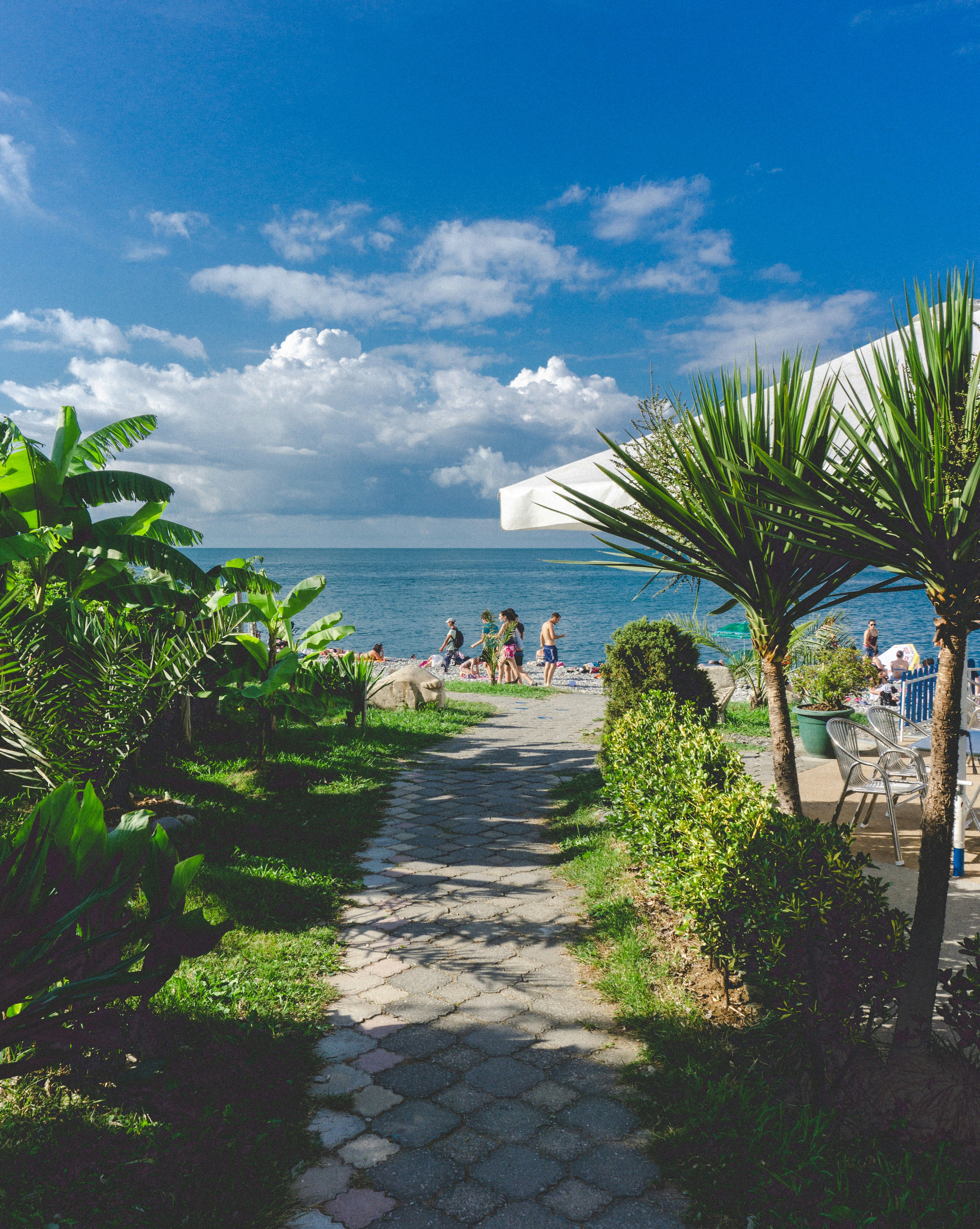Somber Start for Real Estate Market, Experts Predict Recovery Later This Year
Considering the current market conditions, purchasing a home might prove advantageous. - Investing in Property Today Could Prove a Wise Decision
By Laura Eßlinger
A tumultuous beginning for the real estate industry has left many buyers uncertain, with volatile interest rates causing a pause in the market's recovery. The industry was just regaining strength, but first, a billion-dollar debt package announced by Friedrich Merz of the CDU spiked construction interest rates significantly. This was soon followed by a setback caused by Donald Trump's tariff rhetoric.
Amid the turmoil, industry experts remain hopeful that the market will recover in the second half of the year, encouraging prospective buyers to act promptly. Michael Voigtländer, Germany's best-known real estate economist from the research institute IW, advises, "It makes little sense to delay buying a property due to interest rates, especially when prices are on the rise." Daniel Ritter, managing partner at real estate firm von Poll, echoes this sentiment, stating, "Although interest rates are high, it's not a bad time to buy - it can't get better than this."
Despite the fluctuations, financial institutions are already reporting increased demand for real estate loans. In the first quarter, banks issued financing worth €24.4 billion for houses and apartments, a 31.9% increase year-over-year, according to the Association of German Pfandbrief Banks (VDP). The surge in demand has also led online brokerage platforms such as Immoscout24 to see a 14 to 16% increase in demand.
The average house price has risen by 3.6%, with particularly steep increases in large metropolitan areas like Berlin, Frankfurt, and Cologne. This development, coupled with increasing rents, has led many renters to consider homeownership. Average rental contracts for multi-family homes rose by 4.3% nationwide and 4.4% in metropolitan areas in the last year, with the sharpest increase observed in Berlin at almost 5%.
However, some experts question whether all aspiring homeowners can truly afford this leap, given the average amount of credit applied for was around 350,000 euros, with the purchase price of the property averaging 395,000 euros. This results in a loan-to-value ratio of 89% of the object's value, which is relatively high. Lucie Lotzkat of von Poll Finance disagrees, saying that financing with low equity can still be possible as long as there is a fixed monthly net income.
Loan offers for less energy-efficient properties have become more accessible, which can potentially result in better negotiation opportunities on price. However, finding properties in popular urban areas like Munich, Frankfurt, and Cologne remains challenging due to higher prices and limited supply. Experts suggest that more favorable price-performance ratios can still be found in nearby communities up to 30 minutes away.
Enrichment Data
Real Estate Investment and Transaction Volumes:
- The German real estate investment market started 2025 strongly, with a transaction volume of 7.9 billion euros, marking a 26% increase compared to the previous year[2].
- The commercial segment remains the largest in the German real estate market, but the residential segment is expected to grow faster over the coming years[3].
House Buying and Housing Market:
- Limited supply and ongoing house price growth are driven by high interest rates and construction costs[4].
- House prices are projected to continue rising, potentially widening the gap between homeowners and renters[4].
Interest Rates and Financing:
- Some experts predict flat or slightly decreasing interest rates influenced by global economic conditions and U.S. policies in 2025, but significant declines are unlikely[1].
- The European Central Bank has continued to reduce interest rates, but ongoing inflation concerns may limit further cuts[2].
- Households' borrowing capacity is expected to improve in 2025 and 2026 due to better economic conditions[4].
Market Implications for Buyers:
- buyers should assess their affordability carefully as the market favor sellers due to limited supply[1][4].
- Buyers looking to invest or purchase homes should consider the impact of interest rates and market volatility on their financial situation[2][3].
- In light of the ongoing market volatility in real estate, it's crucial for prospective buyers to carefully consider their financial standing, especially with the average credit applied for being around 350,000 euros for a property worth 395,000 euros, resulting in a relatively high loan-to-value ratio.
- The surge in demand for real estate loans, with an increase of 31.9% year-over-year in the first quarter, signifies an active interest by investors in the real estate market, despite the current challenges.
- While finding properties in popular urban areas like Munich, Frankfurt, and Cologne remains a challenge due to higher prices and limited supply, experts recommend looking for more favorable price-performance ratios in nearby communities up to 30 minutes away.




